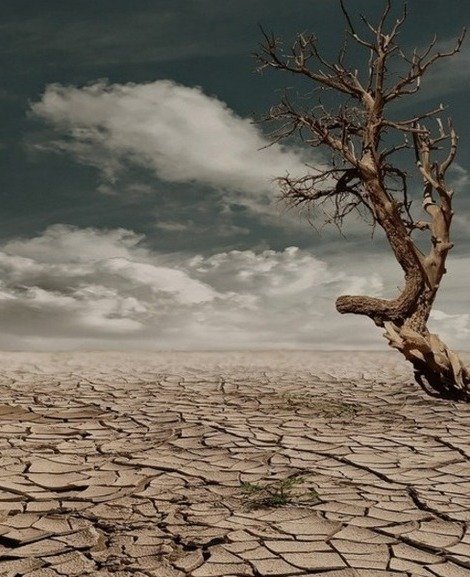Why are we running this project?
The climate crisis is one of the most urgent challenges of our generation. Climate change and environmental crises can multiply the risks of existing and new conflicts. In order to address this, it is essential to recognize the links between conflict and climate change and develop pathways for conflict transformation. In numerous domains wherein the Berghof Foundation operates, climate change has been determined as a contributing factor in exacerbating divisions, perpetuating marginalization, and rendering conflict resolution increasingly arduous. This has been particularly evident in Iraq, where scarce resources such as water and arable land, coupled with weak governance systems, worsen the effects of climate change. In our efforts to support communities in transforming and preventing violent conflicts in which climate change plays a dominate role, it is key to focus on improving the social capital of affected communities. This entails investing in fostering relationships among individuals and networks based on reciprocity and trust. through this, communities can be effectively assisted to address the challenges posed by climate change.
What are our goals?
The aim of the project is to increase understanding, raise awareness and enhance knowledge about the impact of climate change on existing conflict drivers at the local level in Iraq. Furthermore, we are aiming to establish an inclusive dialogue to exchange and identify consensual local solutions. To effectively adapt to climate change, prevent, mitigate, and transform climate-induced conflicts in areas affected by legacies of conflict, it is crucial to increase the awareness of key local authorities and stakeholders on climate-related security risks. The project includes a training component through which community-specific capacities on climate-focused mediation/dialogue of local actors are strengthened. Through a stakeholder centered approach, Berghof ensures its solutions to be sustainable and effective. The adopted inclusive, dialogue-based and -driven solutions aimed at tackling climate-induced conflicts and preempting violence stemming from factors like resource competition, present an avenue through which affected communities can voice their concerns. These solutions also facilitate the formulation of policies to adequately address the identified needs.
How does the project work?
The project combines a comprehensive mapping and analysis of climate change impacts on conflict dynamics (incl. qualitative approach) in three Iraqi districts and in three different governorates as a key component to understand climate-conflict dynamics and as a way to initiate consultation, exchange and dialogue with local stakeholders.
The report will be published by end of September 2023. The three districts covered in the report are experiencing relatively similar climate challenges, all of which are interrelated. Namely challenges related to drought of agricultural lands, including those used for livestock grazing, loss of fertility and productivity. In addition, water scarcity has increased in severity in all three districts. This has increased tensions as it led to an increase in competition and conflict over water and to a lesser extent land. Without sufficient resources to help sustain a productive agricultural sector, some households dependent on the sector have felt compelled to abandon their profession and seek new economic opportunities mainly in urban areas. As a result, this has led to an increased tension between the IDPs and host communities due to the competition over jobs and resources and has led to adopting negative coping mechanisms as it has been reported by some individuals that illicit means have been utilized to meet their financial needs. The lack of agricultural production, combined with other intervening variables, such as the Iraqi Dinar’s devaluation, has also rendered key food staples and other commodities unaffordable for many living in these districts. Natural resources, livelihoods and food insecurity pathways and dynamics have been exacerbated by capacity and resource constraints among national and sub-national government authorities, who have largely been unable to effectively address the consequences of climate change. In turn, public trust towards governing institutions has fallen and tensions have increased between communities and government authorities, furthering the gap between the two. In addition, the report shows that existing drivers of tension and conflict have been amplified and a new set of immediate drivers have appeared due to the effects of climate change. In one district, the climate crisis has heightened existing inequality related to water provision, enflaming prevailing grievances related to public service provision.
Based on the findings, one district was chosen for local-level dialogues aiming to formulate recommendations to address climate security concerns. The dialogue engagement aims to address the complex issues surrounding water scarcity, the lack of fair and balanced resource management, distribution and sharing agreements and their enforcement in combination with limited trust in authorities and weak governance capacities. A special focus is put on the mitigation and prevention of those conflicts and the interplay between climate change, negative coping mechanisms to adapt to water scarcity, and its negative impacts. An initiative addressing this interplay in a concrete way supports the dialogue engagement.


